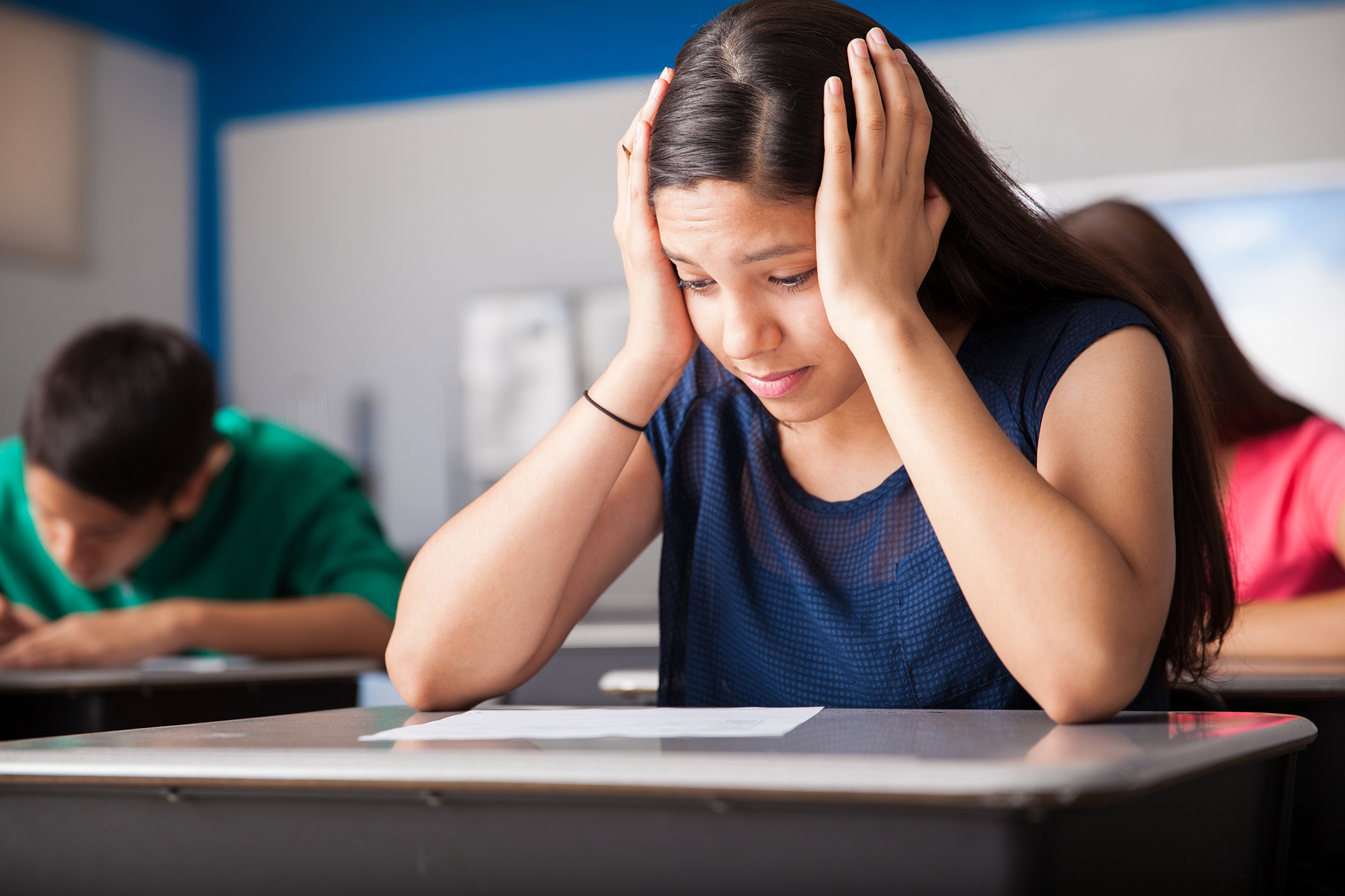By Kelly Christ, guest blogger
The COVID-19 pandemic has had a staggering impact on nearly every aspect of our lives, but one of the pandemic’s most notable and long-lasting effects has been the increasing rates of burnout in the United States. While burnout—a type of exhaustion caused by exposure to prolonged or repeated stress—is often discussed in the context of the workplace, it can affect everyone. From office employees to students to caregivers, burnout is taking a significant toll on our mental health.
Traditionally, burnout is understood in relation to stress at work. In 2019, the World Health Organization first declared workplace burnout a “stress syndrome.” The symptoms include “feelings of energy depletion or exhaustion” and “reduced professional productivity.”
But burnout in settings other than the workplace has drawn further attention in the past two years. Caregiver burnout is described as a state of “physical, emotional and mental exhaustion.” When schools transitioned to remote learning in 2020, many parents and caregivers struggled with a sense of burnout due to the added responsibilities at home. Psychology Today notes that burnout often occurs when someone “is not in control of how a job is carried out.” The lack of control that we have all experienced amid the pandemic’s unpredictability is likely a major cause of increasing rates of burnout.
School Pressures Can Create Burnout
Students of all ages are also facing academic burnout, especially alongside the challenges of remote learning and the other emotional burdens brought on by the pandemic. But it’s not a new experience. Even before the pandemic, high school students felt a heightened weight on their academic performance in the face of the college admissions process. Similarly, college students felt that their career opportunities and future success might be hindered by any academic difficulties.
One of the most troublesome parts of burnout is that we often do not recognize it when it is building within us. Caregivers are often so focused on those dependent on them that they neglect to pay attention to their own well-being, instead prioritizing the needs of others. Similarly, students may prioritize their productivity and responsibilities, even outside of the normal school day or week, and they don’t take time to rest.
However, by prioritizing our productivity and neglecting our mental and physical well-being, we often sabotage the very productivity we sought to protect. Once stress transforms to burnout, the negative impact on productivity is inevitable. For caregivers, the old adage of caring for yourself before caring for others is important to keep in mind. We must help ourselves to help others.
The Need for Self-Care
One of the most important ways to prevent burnout is to regularly engage in self-care. Though we often see self-care portrayed in the media as expensive skincare products or a rigid exercise program, the most effective methods are often the simplest. By identifying small activities that bring you the most joy, you can find simple ways to incorporate self-care into your daily routine.
This may mean choosing to listen to your favorite song on your commute to work, going for a morning run, or calling a loved one at the end of the day. The easier it is to include in your schedule, the more likely it is that you will make it a true habit.
In a similar vein, mindfulness can help to prevent burnout by reducing stress and improving boundaries between yourself and your work. Thirty-minute mindfulness exercises such as meditation or journaling can be added to a daily routine relatively easily. However, these exercises are not for everyone. Mindfulness can be incorporated, instead, into the activities in which you already engage. Mindfulness, above all, is a heightened sense of awareness and presence. To increase this, you may decide to put your phone away while eating lunch so you can focus solely on your meal or to take a walk without listening to anything but the sounds s of nature around you.
Emotional self-care, above all else, must bring you joy. It should not feel like yet another burden or responsibility to bear. Allow yourself to think outside of the box. Self-care does not look the same for everyone.
As we continue to navigate our lives amid the effects of the COVID-19 pandemic, it is important that we take this as an opportunity not to panic about the impact of burnout but instead to prioritize self-care and overall well-being. This awareness of burnout, ultimately, will serve as a time of revolution and innovation in work, caregiving, academics and all other aspects of our lives.
Bio: Kelly Christ is a guest blog writer originally from Manhasset, NY. Kelly is currently studying social work at Fordham University’s Graduate School of Social Service in New York, NY. She received her bachelor’s degree at Fordham University at Rose Hill in 2021, where she double majored in English and Psychology. Kelly is passionate about both writing and mental health advocacy.














